Over the years, the concepts of the elderly, frail elderly, or geriatric patient have varied and have even sometimes been used interchangeably.
Are all older adults geriatric patients?
As the years go by, the prevalence of diseases and disability increases. However, it is also true that many people reach advanced ages with good health. Between 15-40% of people over 70 years old are free of diagnosable diseases. Therefore, it is not possible to predict an individual's health based solely on their age. The population over 65 years old is not a homogeneous population; it is evident that not all elderly people are the same and they can be radically different from one another, even if they are of similar age.
The typology of older patients are, in general terms and from a clinical point of view, four:
- Healthy elderly.
- Sick elderly.
- Frail elderly.
- Geriatric patient.
On this occasion, we will briefly explain this typology, extracted from the book "Tratado de Geriatría para Residentes," published by the Spanish Society of Geriatrics and Gerontology.
Profiles of the elderly and geriatric patient
Healthy elderly:this refers to an older person without diagnosable disease. Their functional capacity is well preserved, and they are independent for basic and instrumental activities of daily living. They do not present mental or social problems derived from their health status.

Geriatric patient, elderly, geriatrician. Sick elderly:
This is a healthy elderly person with an acute illness. They would behave similarly to a sick adult patient. They are usually people who go to consultation or are admitted to hospitals for a single process. They usually do not present other significant diseases or mental or social problems. Their health problems can be attended to and resolved normally within the traditional health services of the corresponding medical specialty.
Frail elderly:
This is an elderly person who maintains their independence precariously and is at high risk of
becoming dependent. It is a person with one or several underlying diseases. When compensated,
these allow the elderly to maintain their basic independence, thanks to a delicate balance with
their socio-family environment.
In these cases, intercurrent processes (infection, falls, medication changes, hospitalization, etc.)
can lead to a situation of loss of independence that requires health and/or social resources.
living (self-care). However, they may present difficulties in more complex instrumental tasks. The
main fact that defines the frail elderly is that, being independent, they are at high risk of becoming
dependent (risk of disability); in other words, it would be a situation of pre-disability.
Geriatric patient:
This is an older patient with one or several underlying chronic and advanced diseases, in which disability is already evident. These patients are dependent on basic activities of daily living (self- care). They require the help of others and often present mental alteration and social problems. In other words, it could be said that the so-called geriatric patient is the elderly person in whom the balance between their needs and the environment's capacity to meet them has been broken, and the patient has become dependent and disabled.
Although geriatrics as a specialty covers the care of the elderly from a broad perspective (including
also the preventive aspects of the disease)
For more information on services and products, especially for your loved ones. Remember you can contact us through our social networks(Facebook,, Instagram and WhatsApp)and email. Senior Citizen Clinic, accompanying you towards an active and healthy old age.

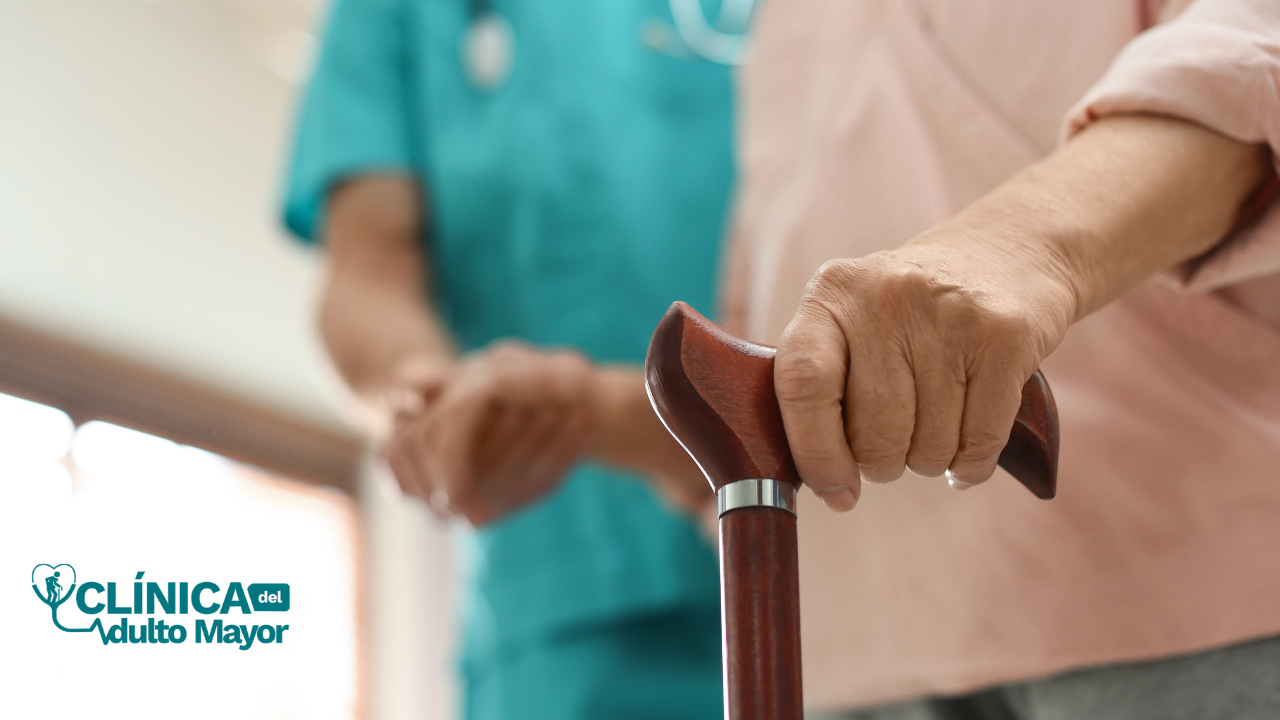

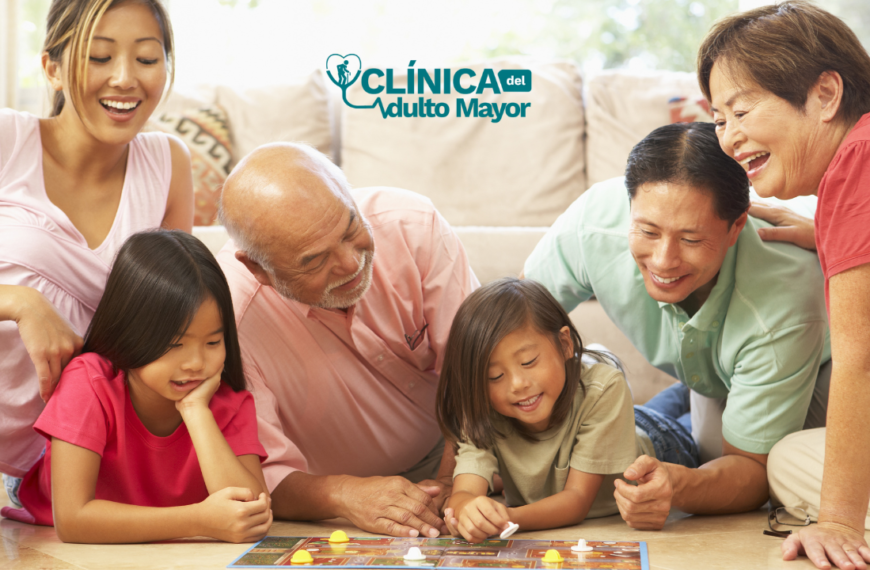

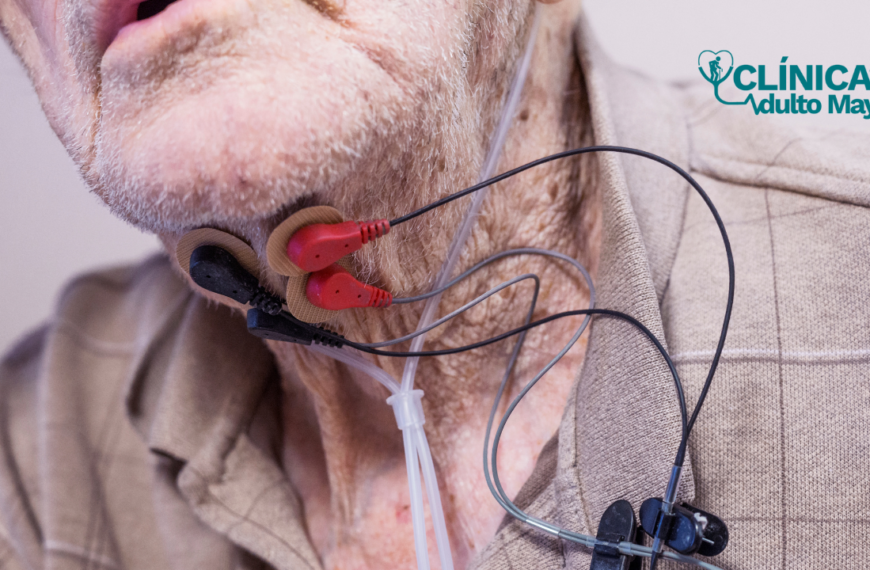

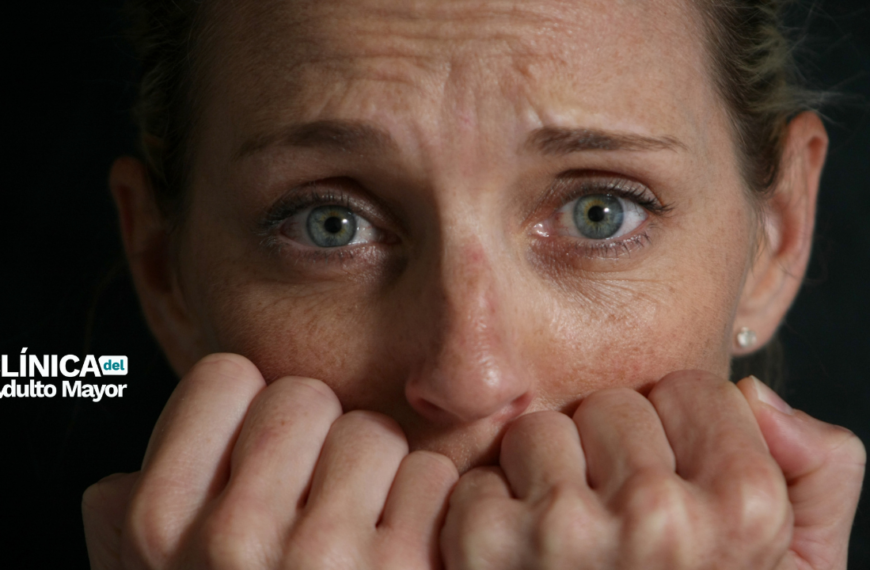

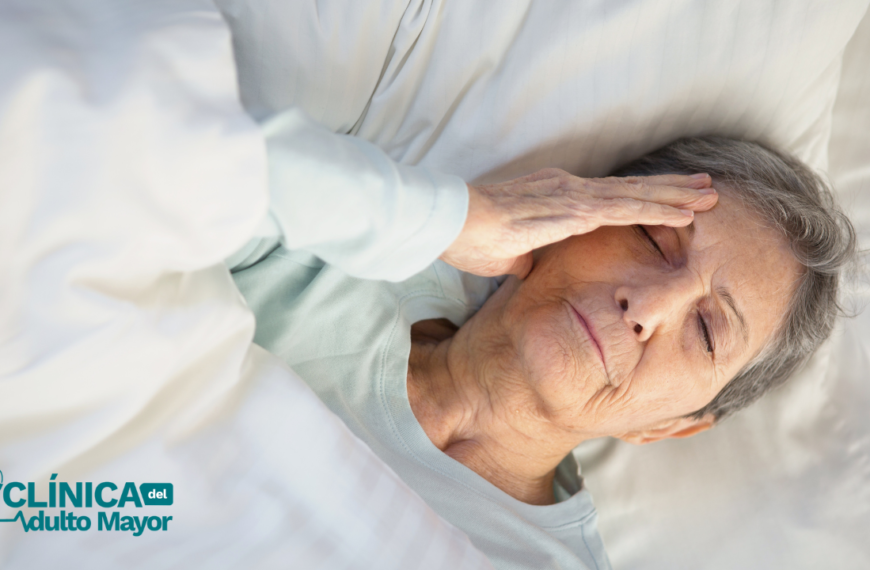

[…] estos factores, la anemia puede ser considerada como una de las patologías «típicas» en el paciente geriátrico. Es, además, una enfermedad potencialmente reversible, por lo que, es necesario que se realicen […]